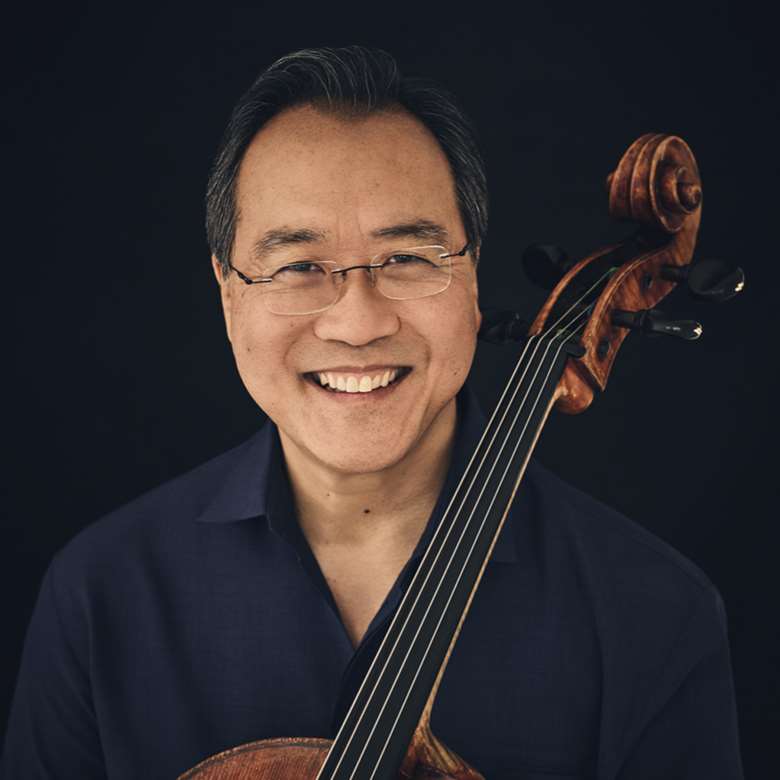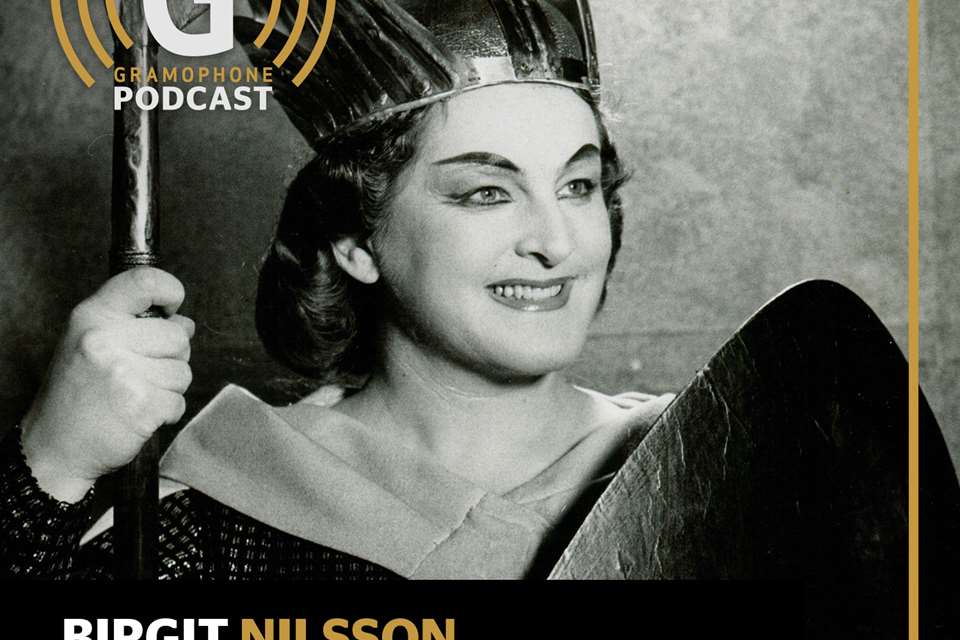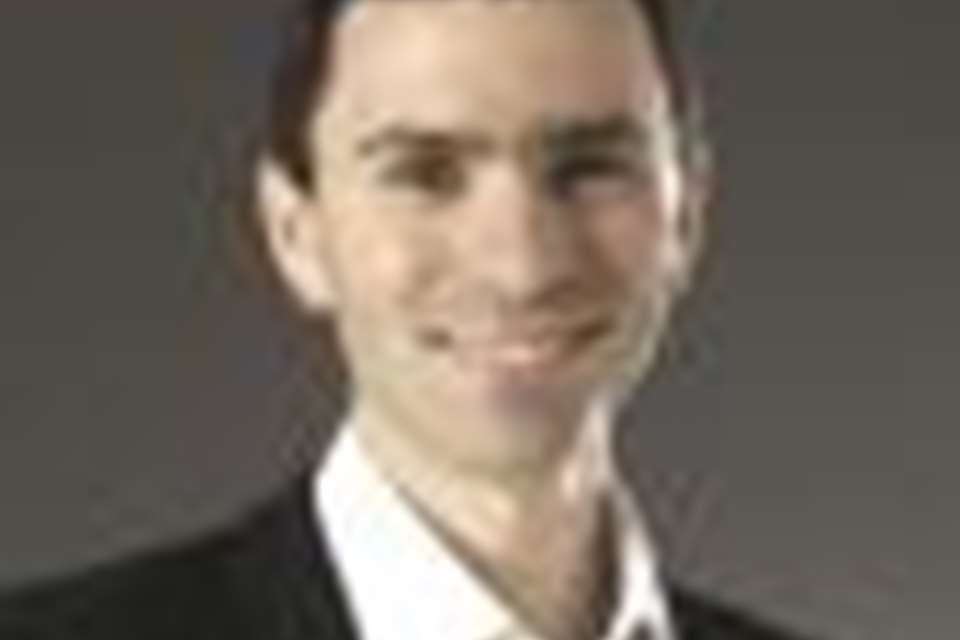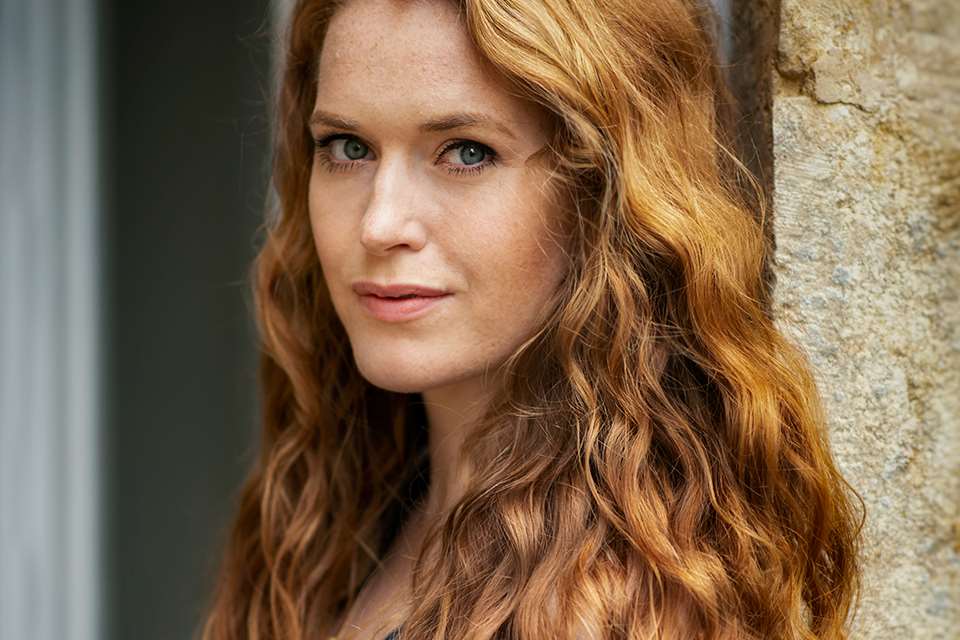Yo-Yo Ma receives $1m Birgit Nilsson Prize
Martin Cullingford
Tuesday, May 17, 2022
The cellist talks to Gramophone about what the prize – and Birgit Nilsson herself – means to him

Register now to continue reading
Thanks for exploring the Gramophone website. Sign up for a free account today to enjoy the following benefits:
- Free access to 3 subscriber-only articles per month
- Unlimited access to our news, podcasts and awards pages
- Free weekly email newsletter











